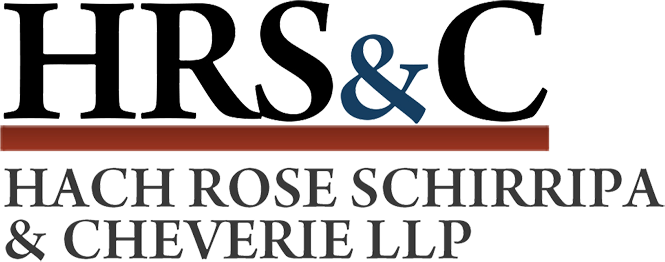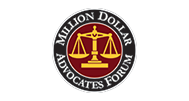About Saxagliptin
Saxagliptin, marketed as both Onglyza and Kombiglyze XR, is intended to be used in conjunction with exercise and diet to manage hyperglycemia for adults with Type 2 diabetes. By helping to promote the production of insulin in the pancreas, Onglyza helps patients maintain safe blood sugar levels after eating. Onglyza is unique in that it does not contribute to weight gain in the same way that many other diabetes medications do. It is this latter aspect that has helped to make the prescription drug as popular as it has become.
Since the time it was approved for sale by the FDA in 2009, saxagliptin has been the subject of criticism for the serious side effects that are associated with the drug. In response to the findings of a neutral clinical trial, the FDA's Endocrinologic and Metabolic Drugs Advisory Committee voted in April of 2015 to include warnings on Onglyza's labeling about the increased risk of heart failure associated with using the prescription drug.
The FDA's Concern Over Increased Risk of Heart Failure Associated with Onglyza
In October of 2013, the New England Journal of Medicine published the results of a randomized, placebo-controlled, double-blind, phase 4 clinical trial called SAVOR-TIMI 53 to determine the safety and efficacy of saxagliptin, the generic form of Onglza. The trial monitored the health of 16,492 people who were randomly selected to use saxagliptin over a median period of 2.1 years to treat their Type 2 diabetes.
Each of the study's participants either had a history of or were at risk of suffering a cardiovascular event. Though the results of the study did not establish a corollary connection between saxagliptin and the rate of ischemic events-incidents in which the lack of adequate blood flow causes organ failure-the rate of hospitalization for heart failure, in particular, was shown to be higher.
Soon after the results of the SAVOR-TIMI 53 trial were published by the New England Journal of Medicine, the FDA asked for the trial's data to further investigate the possible correlation between saxagliptin and heart failure in February of 2014. After studying the data collected from the manufacturer, AstraZeneca and Bristol-Myers Squibb sponsored the trial, the FDA's Endocrinologic and Metabolic Drugs Advisory Committee met in April of 2015 to vote on whether the drug should continue to be used.
Though 13 of the 15 Committee members voted that the results of the SAVOR-TIMI 53 clinical trial demonstrated an acceptable cardiovascular risk profile for patients with Type 2 diabetes, 14 of the 15 Committee members also voted to include a new warning on the medication's labeling to warn patients about the increased risk of heart failure. The remaining vote was cast to remove the drug from the market altogether.
Onglyza Puts Patients at Increased Risk of Heart Failure and Pancreatitis
Onglyza has been shown to put patients at an increased risk of certain cardiovascular events, including heart failure. In response to the neutral clinical trial called SAVOR-TIMI 53, a panel of fifteen members of the FDA's Endocrinologic and Metabolic Drugs Advisory Committee voted in favor of including a new warning on Onglyza's labeling about its possible effects on cardiovascular health. Of that fifteen member panel, a single member voted to withdraw the medication from the marketplace altogether over concerns about the drug's possible effects on cardiovascular health.
Aside from the serious concerns many have raised over the ways that Onglyza and Kombiglyze XR may affect a patient's cardiovascular system, there have been post-market reports of patients developing acute pancreatitis after taking Onglyza. Though AstraZeneca now warns doctors to screen patients with Type 2 diabetes before prescribing Onglyza, there was no such warning right after the drug was first introduced to the market in 2009. As such, the unfortunate fact is that a number of people developed acute pancreatitis that could have been prevented if the doctors prescribing the medication would have been aware of all the possible side effects associated with Onglyza.
Talk to an Onglyza Lawsuit Attorney
If you or a loved one has suffered from any of the dangerous side effects of saxagliptin, you may be able to take legal action against the maker of the drug in order to recover compensation for the pain and suffering you or your loved one has been forced to endure. At Hach Rose Schirripa & Cheverie LLP, we want to help see that drug companies are held accountable when dangerous drugs cause unsuspecting customers to suffer unnecessary harm. Call us at (844) 288-2011 today to discuss your unique circumstances with a dedicated Onglyza lawyer.





























